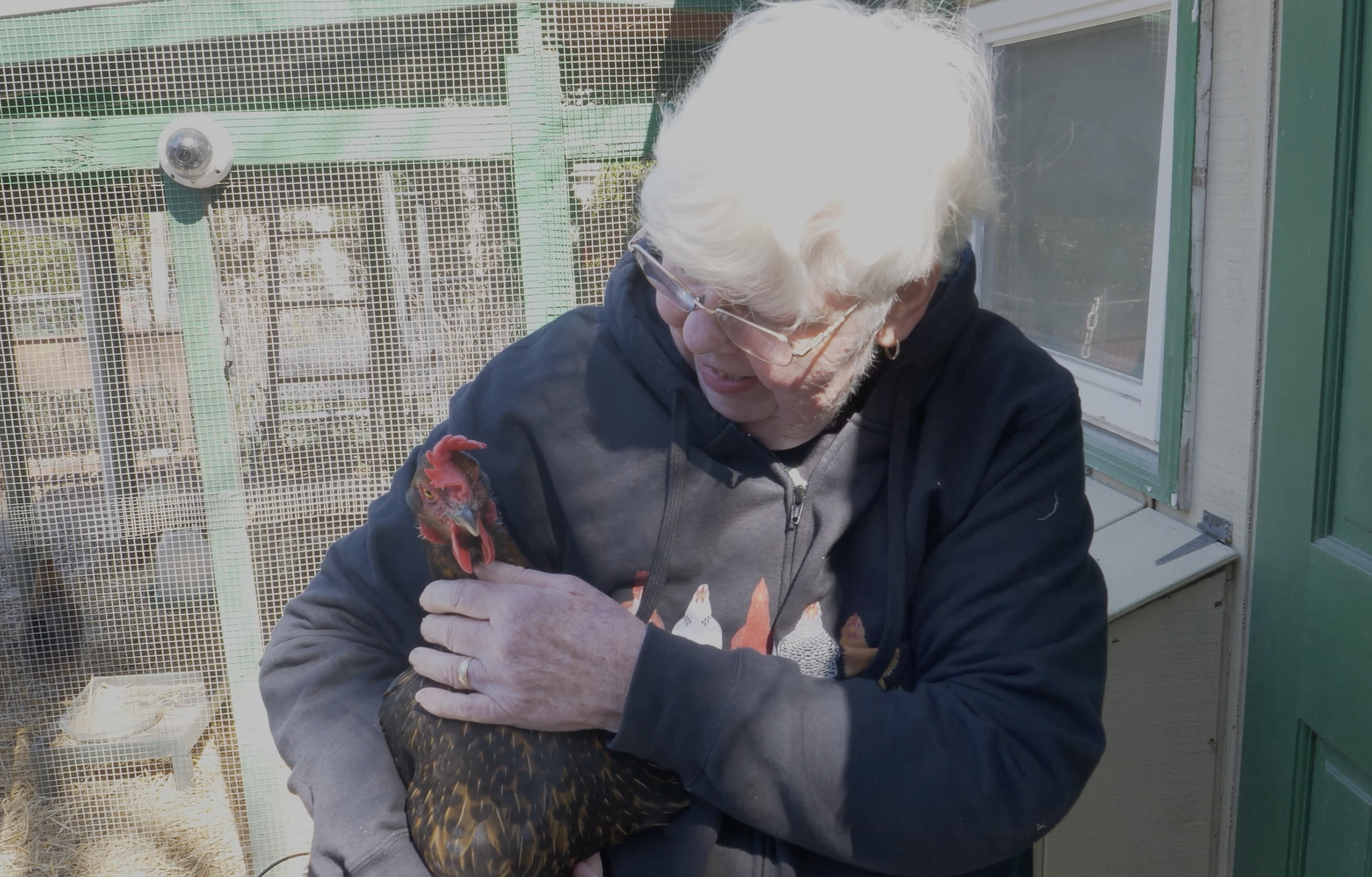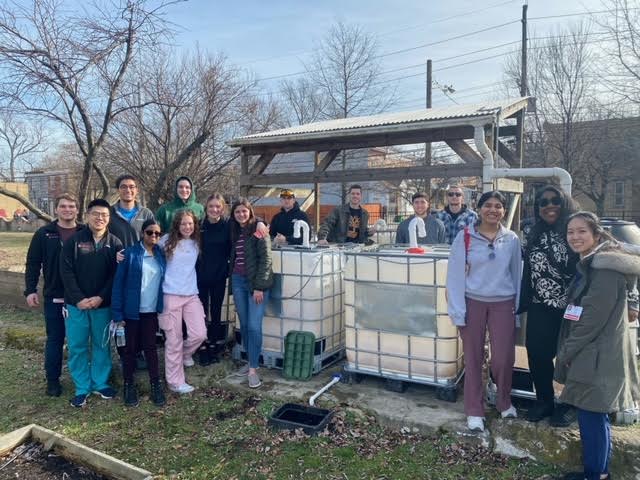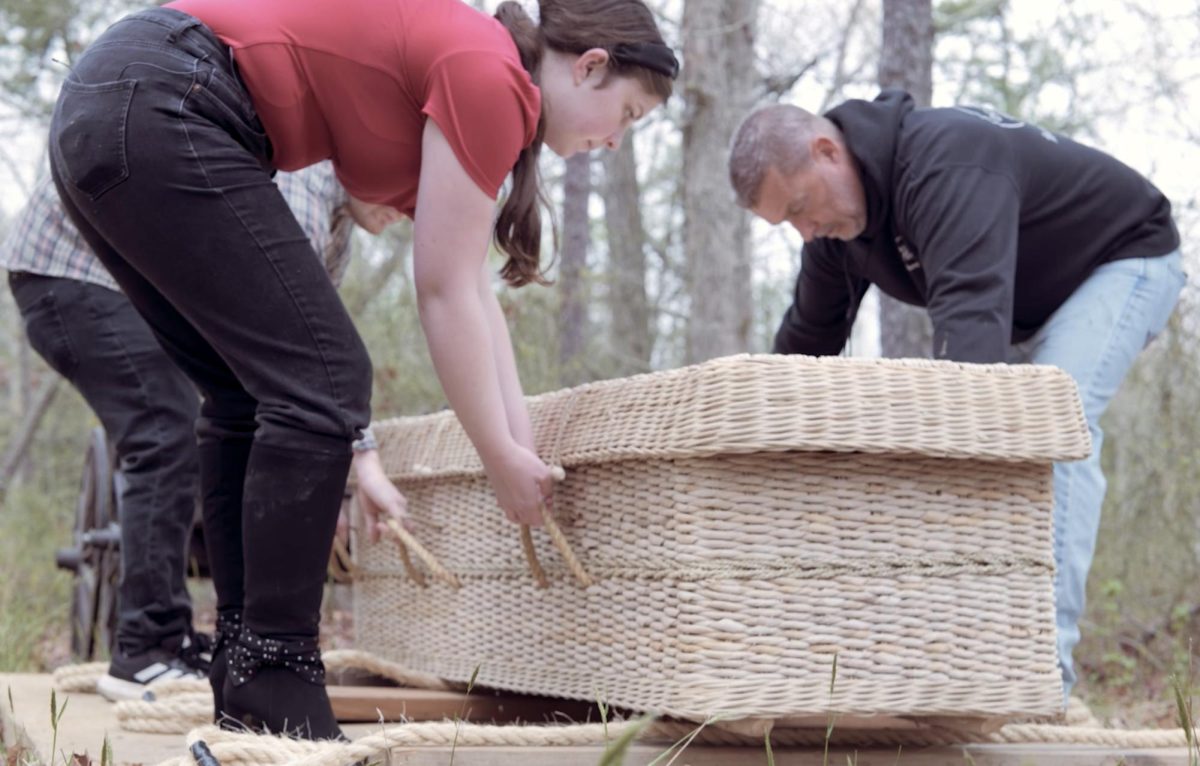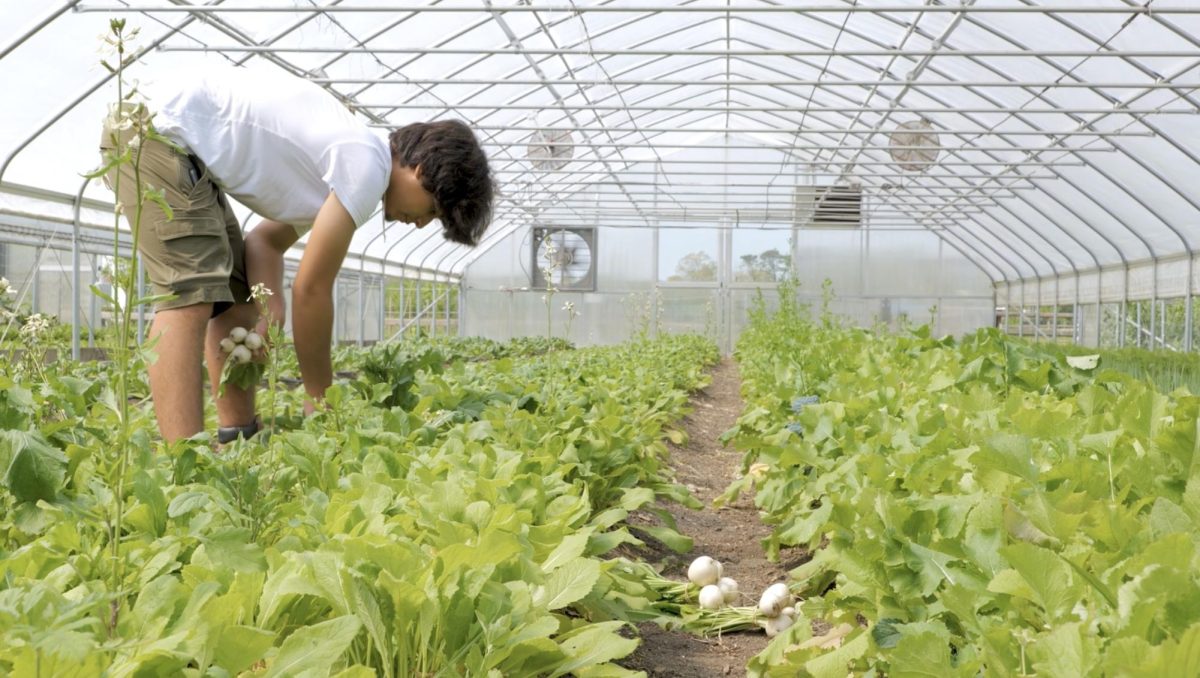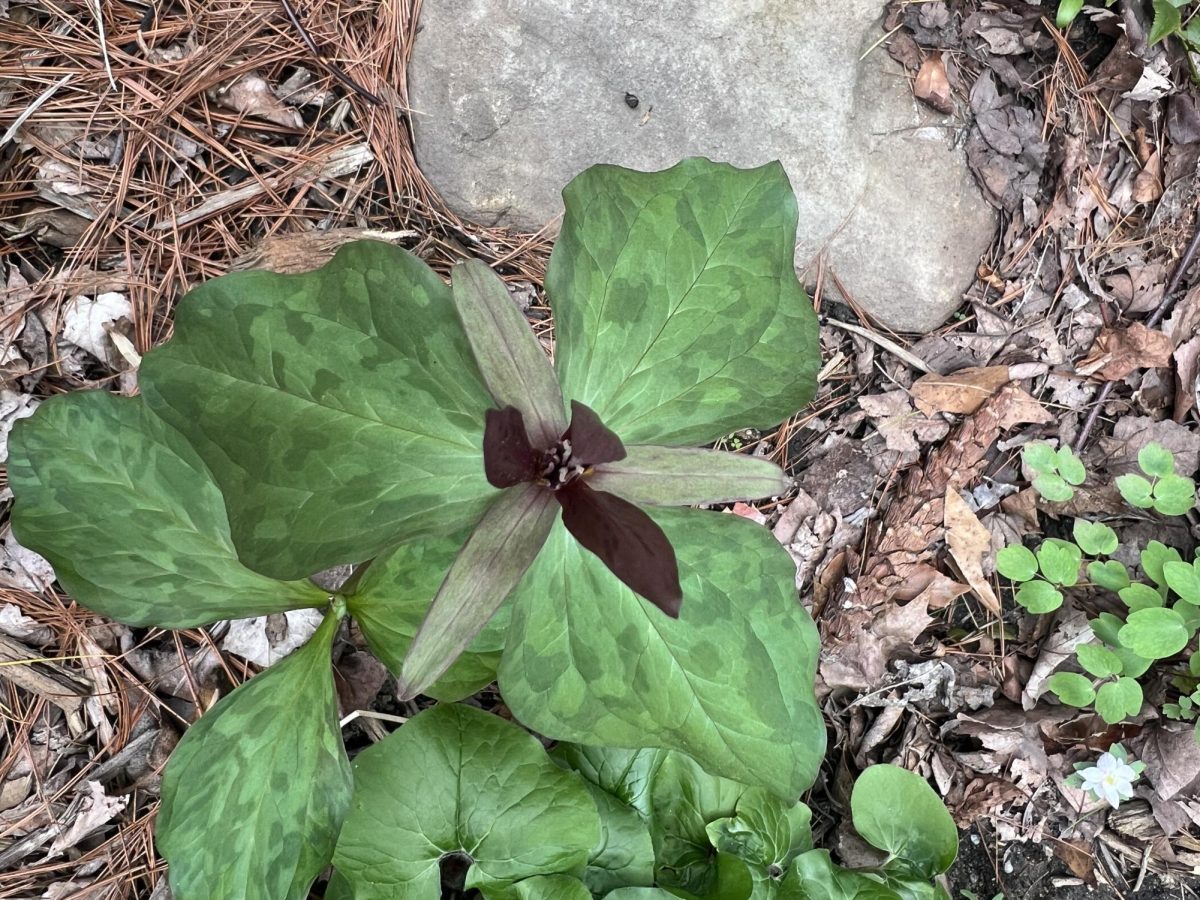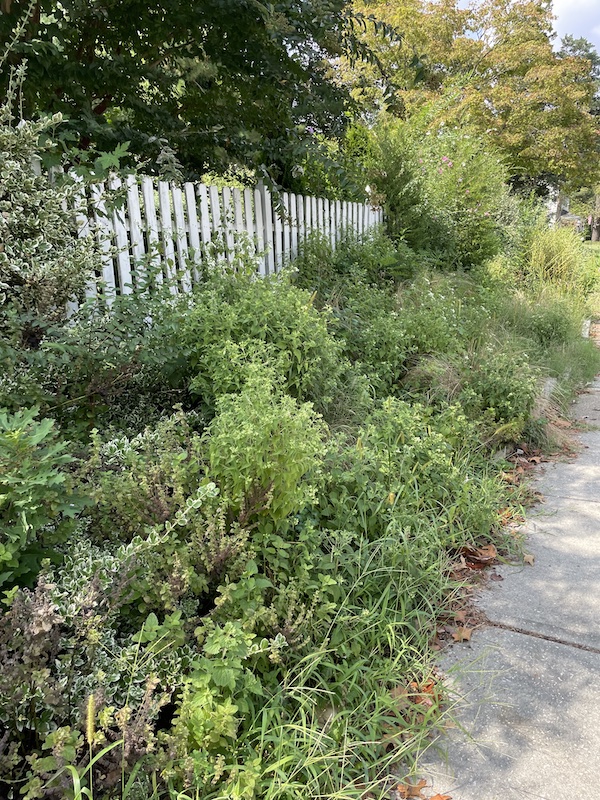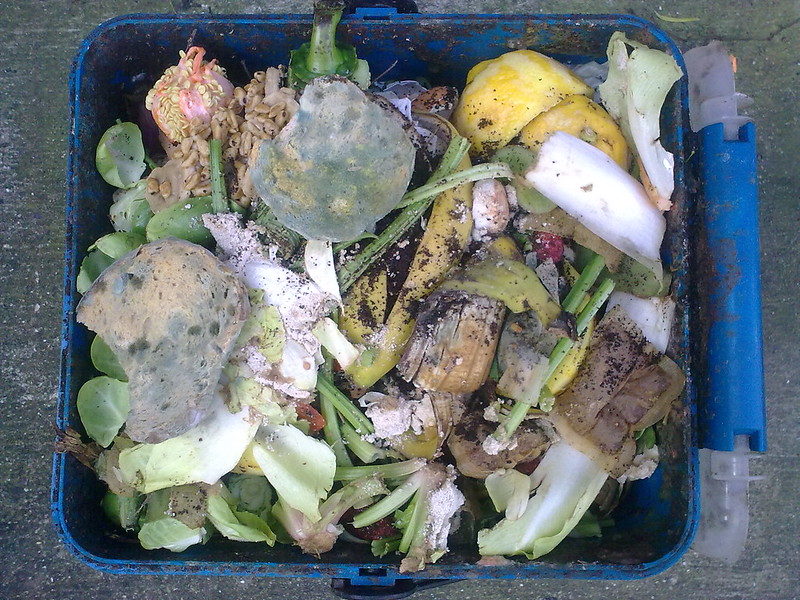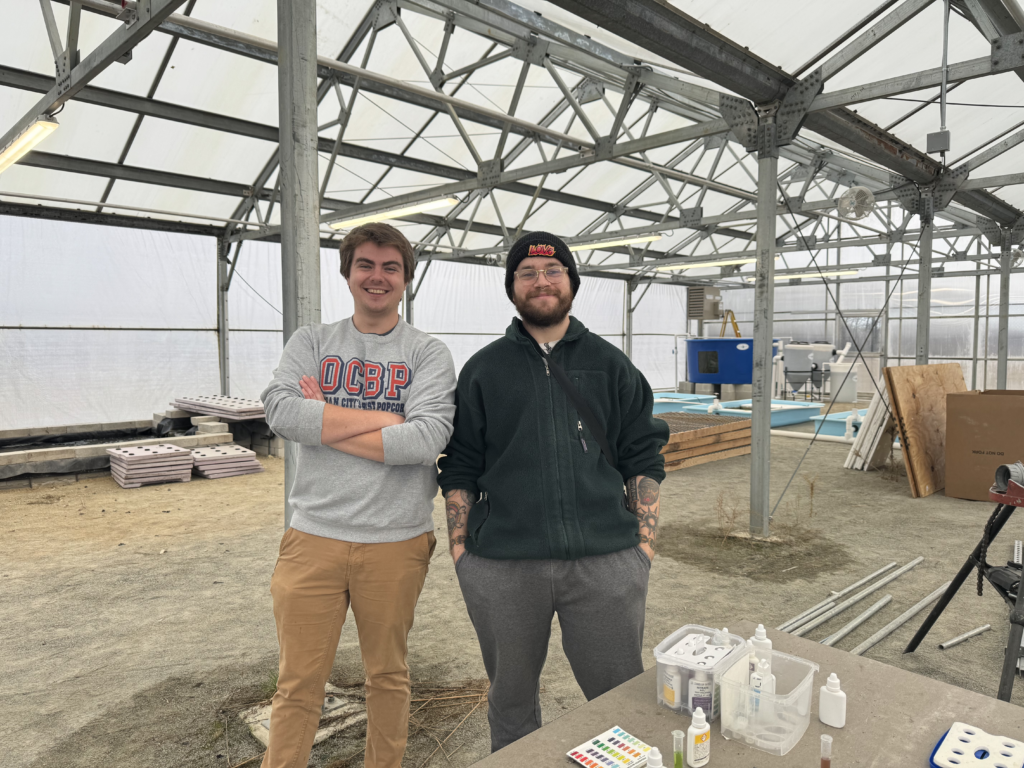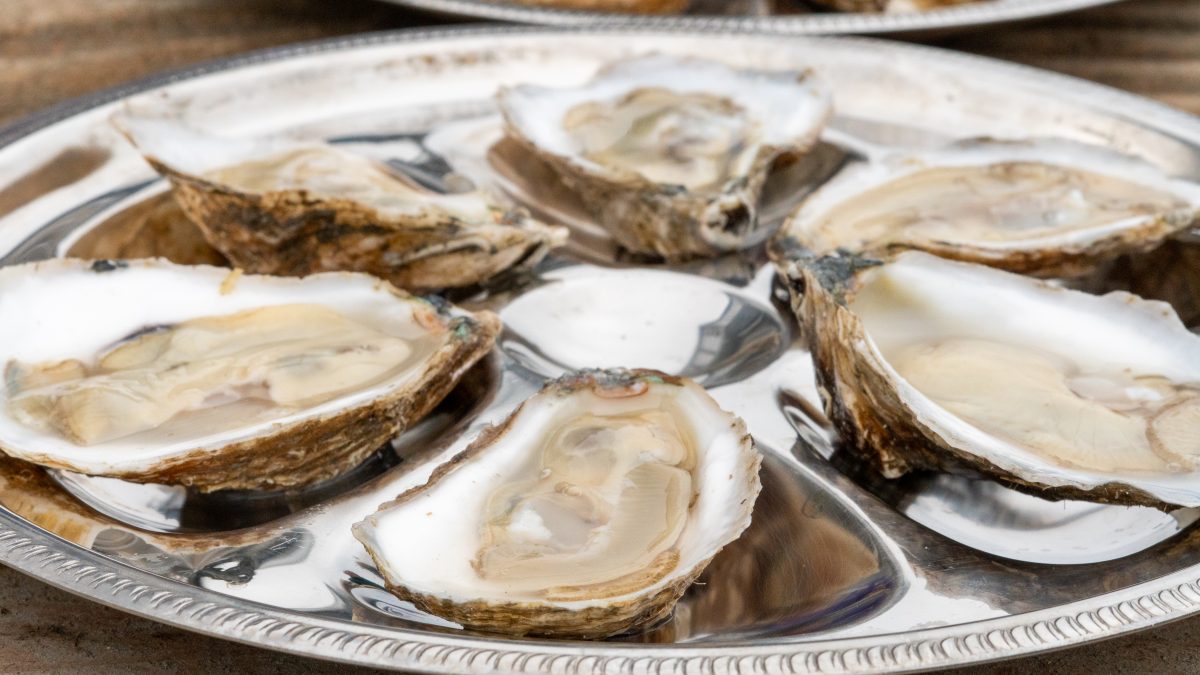Video by Jacob Stell
Gwenne Baile, aka the “Chicken Lady of South Jersey,” is the founder of Camden County Chickens and has helped more than two dozen municipalities in New Jersey change their local ordinances to allow backyard chickens.
She offers trainings, certifications, and therapy events and is passionate about the benefits of backyard chickens.
In addition to providing delicious eggs, backyard chickens can help reduce food waste going into the trash, eliminate insects without pesticides, and provide a way for people to reconnect with the natural world.
“I think it’s much more valuable to actually change laws,” says Baile. “I’m not a lawyer, but I have changed 28 laws in 28 towns. It takes a good grassroots group that knows what they are talking about.”
The following is an edited conversation with Gwen Baile.
Q: What are some of the environmental benefits to raising backyard chickens?
Gwenne Baile: We encourage people with backyard hens not to use any other fertilizers or pesticides and herbicides because it’s safer for the chickens. Chickens do insect control naturally.
It decreases food waste that people might be putting in their trash. There are a lot of things that the chickens can eat. Most things that people put in composters, you could give to the chickens.
We know what they’re eating, so we know what’s in our food supply. They’re foraging, eating grass and looking for insects and so the quality of the eggs are phenomenal. Backyard chicken eggs have less fat, a lot less cholesterol. So that makes it healthier for people as well as the environment.
How difficult is it to raise chickens?
It’s really pretty easy. I have eight hens, and it truly takes me about 15 minutes a day to do chicken care. I rake around the coop and I give them fresh food and water. Every week or two, I might spend a little bit more time. And then essentially, it’s like the traditional house cleaning that we do a spring and a fall house cleaning, ideally, where you take everything out of there, and then wash everything down.
But it’s not cheap. For a coop that won’t blow away in a windstorm and is totally predator proof, you’re probably talking $750 or more. The biggest issue is that there’s a decent expense to starting it up.
You have worked to help change local ordinances. What are the most common objections?
The two most common are noise and smell, but neither of them are real issues.
Suburbs don’t allow roosters. Most local ordinances say your coop has to be 20 feet from windows and doors. Hens make some noise, but it’s not loud. It’s nowhere near as loud as power tools or dogs barking. Basically, they’re not going to be loud enough that they’ll probably wake the baby next door. And as long as you keep it clean, they’re not going to smell it at 20 feet either.
Almost all the towns also require a class, which I think is important. It weeds out people. They learn what’s involved, the cost, as well as everything you have to do and to make it safe and clean.
People have worked to get the laws changed, and everybody’s committed to making their program work. And they’re not having complaints. I’ve contacted people from different towns and they’re being successful. Every single pilot program has been turned into ordinance or have been extended. None of them have said, “Nope, we’re gonna cancel this tough luck, get rid of your chickens,” That’s because towns are doing it right. And I think that’s the key.
Tell me about your therapeutic programs.
I work with the Academy of Natural Sciences autism program. I work with people in nursing homes and assisted living, people with Alzheimers and memory issues. I do book clubs with kids. We do a lot of like farmers markets and green events. The whole gamut.
I love holding my chickens. And people and kids love holding chickens. The first thing everybody always says is, “I didn’t think a chicken could be so soft.” But they have 6,000 to 8,000 feathers, so they’re very soft.
To learn more, visit Camden County Chickens
